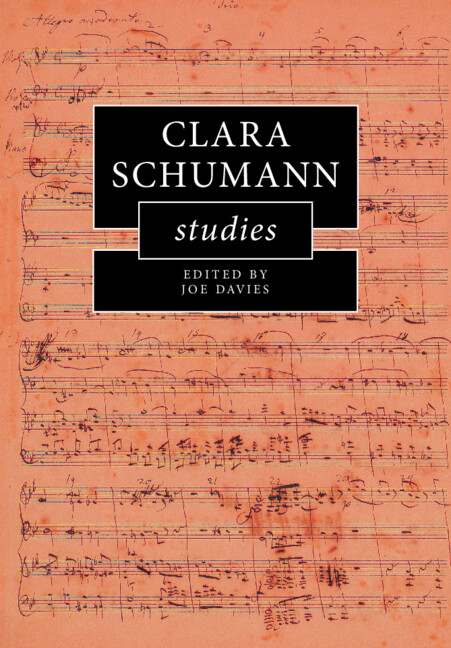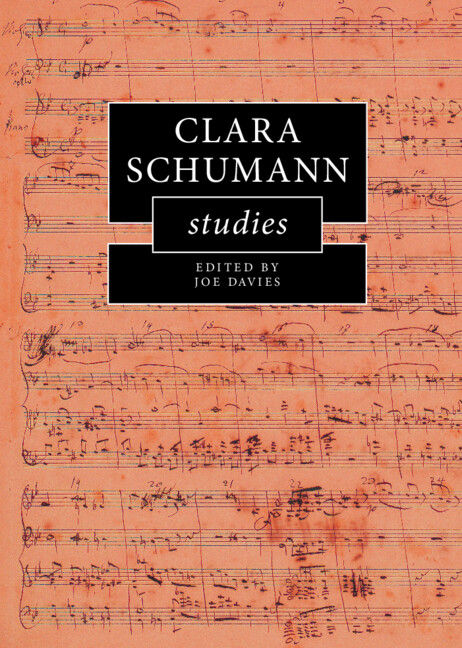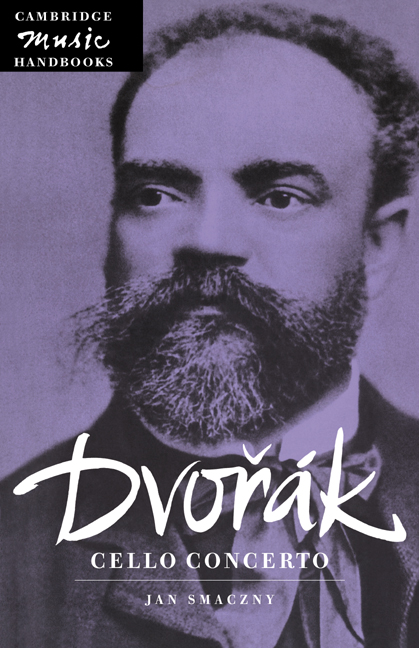Robert Schumann: Piano Concerto
Offering a concise introduction to one of the most important and influential piano concertos in the history of Western music, this handbook provides an example of the productive interaction of music history, music theory and music analysis. It combines an account of the work's genesis, Schumann's earlier, unsuccessful attempts to compose in the genre and the evolving conception of the piano concerto evident in his critical writing with a detailed yet accessible analysis of each movement, which draws on the latest research into the theory and analysis of nineteenth-century instrumental forms. This handbook also reconstructs the Concerto's critical reception, performance history in centres including London, Vienna, Leipzig and New York, and its discography, before surveying piano concertos composed under its influence in the century after its completion, including well-known concertos by Brahms, Grieg, Tchaikovsky and Rachmaninov, as well as lesser-known music by Scharwenka, Rubinstein, Beach, Macdowell and Stanford.
- Provides a concise but detailed introduction to an important work of the Western musical canon
- Offers an example of the productive interaction of music history, music theory and music analysis
- Highlights important information about the genesis, analysis and context of Schumann's Piano Concerto and makes it available to a wide audience
Product details
November 2023Hardback
9781316512586
180 pages
223 × 142 × 16 mm
0.42kg
Available
Table of Contents
- Introduction: situating Schumann's piano concerto
- 1. Rethinking the romantic piano concerto
- 2. The genesis of Schumann's piano concerto
- 3. Analysis (1): the first movement
- 4. Analysis (2): the slow movement and Rondo Finale
- 5. Reception and Legacy
- Appendix I: Glossary of Technical Terms and Symbols
- Appendix II.







